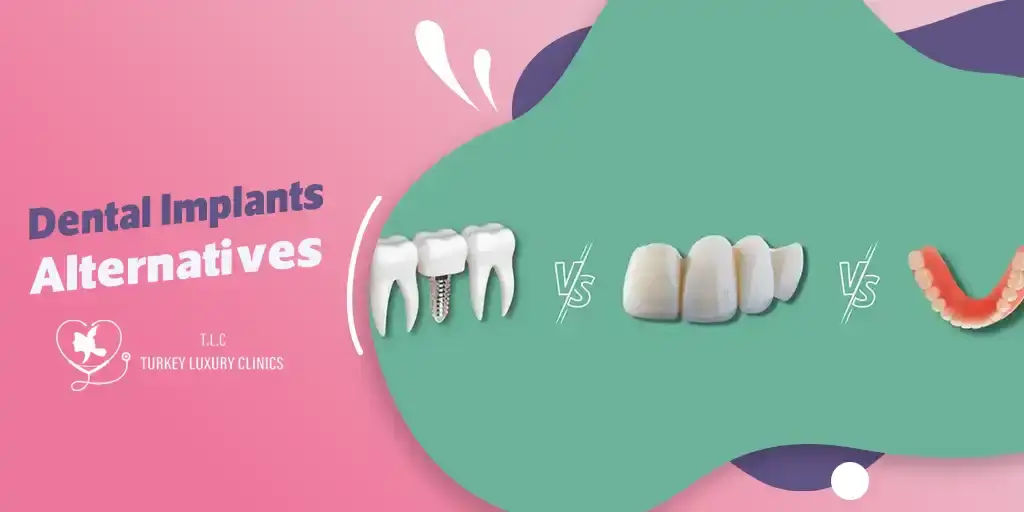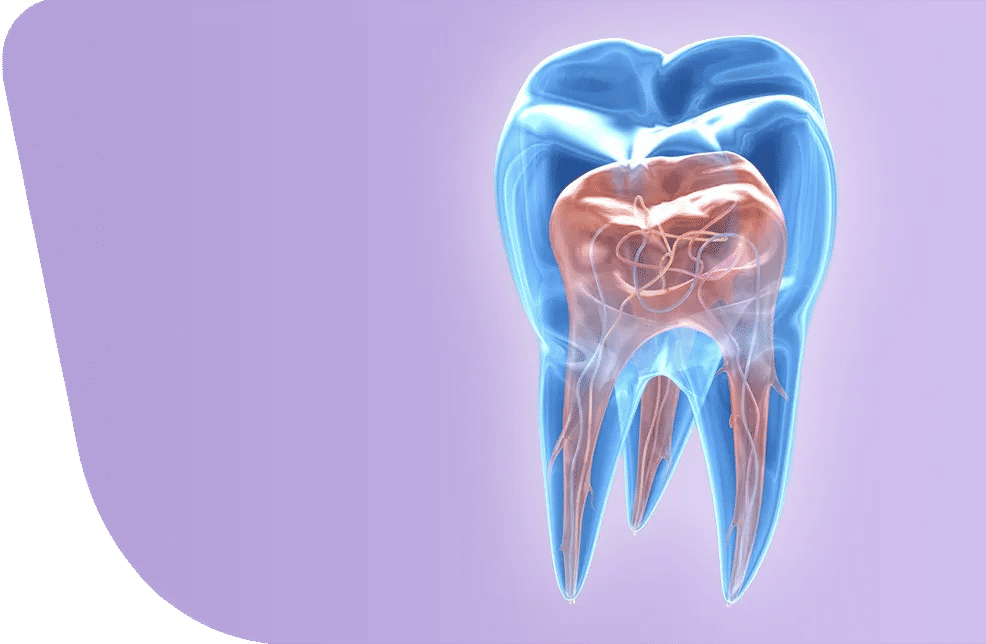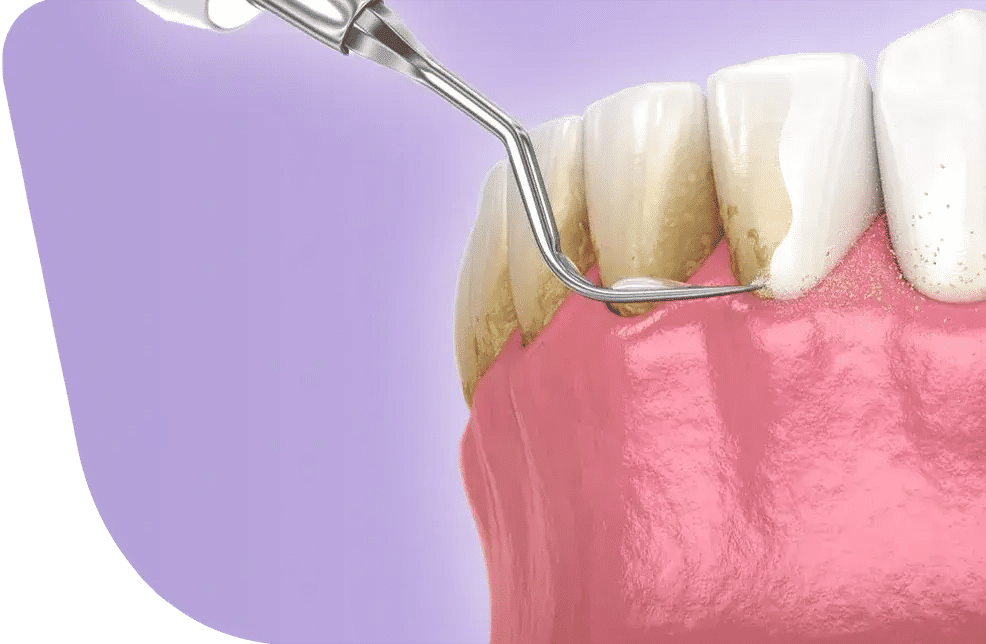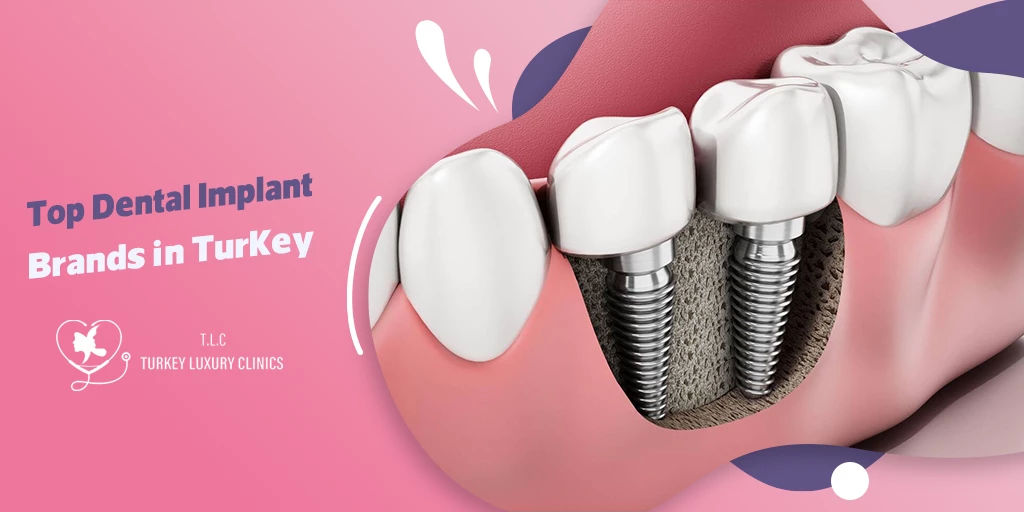- - What are the alternatives to a dental implant?
- - What are the Best Dental Implant Alternatives?
- - Cost of Dental Implant Alternatives 2026
- - Why to Seek Dental Implant Alternatives?
- - How to Choose the Right Dental Implant Alternatives?
- - Choose Your Teeth Restoration Option with Turkey Luxury Clinics
While dental implants are one of the most preferred and widely used solutions for missing teeth, many people seek dental implant alternatives due to cost, comfort, pain, or health considerations..
Alternatives to dental implants include removable dentures, different types of bridges such as resin-bonded (Maryland) or cantilever bridges, as well as temporary solutions like flipper dentures, and in some cases, implant-supported dentures that require fewer implants than a full restoration.
At Turkey Luxury Clinics, we provide a wide range of budget-friendly, effective, durable, and screwless dental solutions. Contact us today to find the right option for restoring your smile safely and comfortably.
What are the alternatives to a dental implant?
Alternatives to dental implants include dental bridges and dentures, which are fixed or removable appliances that fill the gap from a missing tooth.
1. Classic Dental Bridges
Classic dental bridges are one of the most common alternatives to dental implants, offering a strong and durable solution for replacing missing teeth.
They are often preferred when faster results, shorter recovery times, and a less invasive approach are desired, while also being more affordable than implants.
Classic bridges are particularly effective as dental implant alternatives for molars, using adjacent teeth as anchors to support the false tooth or teeth, restoring both function and appearance. However, they are generally not recommended for front teeth due to aesthetic limitations.
Despite being one of the most stable bridge options, traditional bridges have some drawbacks. They require reshaping the surrounding healthy teeth to secure the bridge and are more prone to breakage or loosening during eating. Overall, they are less durable and strong compared to dental implants.
Read more about: Dental implant vs, bridges and discover which is best for you
2. Resin-Retained Bridge (Maryland)
Maryland bridges are a conservative and less invasive alternative to traditional dental bridges. They look, feel, and function like natural teeth, but unlike classic bridges, they require minimal preparation of the supporting teeth. In most cases, no anesthesia or extensive crown shaping is needed.
The replacement tooth is held in place by thin metal or porcelain wings bonded to the back surfaces of the adjacent teeth, making it a non-surgical solution for missing teeth. Maryland bridges are especially suitable for front teeth due to their minimal invasiveness and natural appearance. However, they are generally less durable than other bridge types and may not withstand the heavy chewing forces typical of back teeth.
3. Cantilever Bridges
While traditional bridges require reshaping healthy teeth on both sides of the gap, cantilever bridges offer an alternative attachment method. They use one or more projecting structures, called cantilevers, anchored to a single adjacent tooth to support the replacement tooth.
This makes cantilever bridges a quicker, more affordable, and non-surgical dental implant alternative. They are especially suitable when only one tooth is missing and there is sufficient support from neighboring teeth, providing a conservative solution without extensive dental work.
4. Implant-Supported Bridges
Implant-supported bridges are a common alternative to traditional dental implants, especially for patients who have several missing teeth in a row but do not have enough healthy teeth to support a conventional bridge.
They consist of a series of crowns connected together and supported by strategically placed implants. Instead of placing a separate implant for each missing tooth, a single implant can support multiple crowns, effectively restoring function and appearance.
This approach provides a strong, durable, and long-lasting solution while avoiding the need to reshape adjacent teeth.
5. Removable Partial Dentures
A removable partial denture (RPD) is a set of replacement teeth that fits over the gums and attaches to your natural teeth. It restores chewing, speech, and appearance and can be easily removed for cleaning.
A removable partial denture is designed to replace a specific number of missing teeth for patients who want to restore function or aesthetics but may have financial, health, or personal limitations that prevent them from choosing implants or bridges.
Partial dentures are less invasive, more affordable, and simpler than dental implants or traditional bridges. They are custom-made and can be easily removed for cleaning. Removable partial dentures are the simplest, fastest, and most affordable non-surgical alternative for replacing missing teeth. They are especially suitable for patients with low bone density, no healthy teeth to support a bridge, or those seeking a painless procedure.
However, partial dentures may not feel as natural in appearance or function as permanent options. They require regular cleaning and may need periodic adjustments or replacements to maintain comfort and proper fit.
6. Full Removable Dentures
Full dentures are a less complex and more affordable solution to restore a smile and the ability to chew and speak normally. They are especially popular among elderly patients with a limited number of healthy teeth, low bone density, gum problems, or those who cannot undergo invasive procedures.
Full dentures consist of a removable set of artificial teeth that replace all missing teeth in a dental arch. These custom-made dentures have artificial teeth on a pink gum-like base that fits over the gums and can be removed at night.
Drawbacks of removable dentures include a less natural feel and function compared to permanent options, the need for regular cleaning, possible periodic adjustments or replacements, and they may slip or shift while eating or speaking.
You may like: Dental Implants vs Dentures: Compare All Types for Missing Teeth
7. Implant-Supported Dentures
Implant-supported dentures are a full-mouth restorative solution that replaces missing teeth with a denture anchored to the jawbone using surgically placed dental implants, rather than simply resting on the gums like traditional dentures. It is an affordable alternative to All on 4 dental implants.
Implant-supported dentures combine the benefits of traditional dentures with the stability of implants, usually using 2 to 4 implants. They provide greater comfort and improved function compared to removable dentures, while being more affordable than full dental implants.
8. Flipper Dentures
Flipper dentures are lightweight, temporary teeth replacements used as a short-term solution. They act as an interim option while a patient waits for a more permanent restoration. Simple and inexpensive, flippers are popular among patients who want a quick fix without a large investment. However, they are not intended for long-term use and are best suited as a temporary, budget-friendly solution.
9. Snap-On Dentures
Snap-on dentures are removable dentures that attach securely to dental implants, providing better stability and comfort than traditional dentures. They are easier to eat and speak with and can be removed for cleaning. This option offers a middle ground between full implants and traditional dentures, combining convenience with improved functionality.
10. Mini Dental Implants
Mini dental implants are smaller-diameter implants used to support dentures or replace individual teeth with minimal invasiveness. They are less expensive and require less bone than traditional implants, making them a practical solution for patients with limited bone density or those seeking a faster, less invasive procedure.
What are the Best Dental Implant Alternatives?
The Best dental implant alternative is personalized, the choice depends on factors like the number of missing teeth, budget, oral health, and cosmetic preferences.
The best dental implant alternatives include Dental Bridges, Partial Dentures, Full Dentures, and Resin-Bonded (Maryland) Bridges, each offering unique benefits for replacing missing teeth without surgery.
Other options like flipper dentures provide temporary, affordable solutions for short-term needs. The ideal choice depends on factors like the number of missing teeth, budget, oral health, and cosmetic preferences.
Best Dental Implant Alternatives for Single, Multiple, and Full Mouth Tooth Replacement
| Single Tooth Dental Implant Alternative | Multiple Teeth Dental Implant Alternative | All-on-4 Dental Implant Alternative | Full Mouth Dental Implant Alternative |
| Cantilever Bridges | Classic Dental Bridges | Implant-Supported Dentures | Full Removable Dentures |
| Resin-Retained (Maryland) Bridges | Implant-Supported Bridges | Implant-Supported Bridges | Implant-Supported Dentures |
| Flipper Dentures | Flipper Dentures | Flipper Dentures | |
| Mini Dental Implants | Mini Dental Implants | Mini Dental Implants | |
| Snap-On Dentures | Snap-On Dentures |
Cost of Dental Implant Alternatives 2026
The minimum cost of dental implant alternatives includes dental bridges ($700 per tooth) and removable dentures ($1,000). These options are generally cheaper upfront than full dental implants ($4,500), while temporary flipper dentures ($100–$300) provide a quick, short-term solution for missing teeth.
In Turkey, the cost of dental procedures is generally much more affordable than in Western countries, making it a popular destination for dental tourism. Many clinics offer comprehensive packages that combine high-quality treatment with accommodation, transportation, and post-procedure care, ensuring a smooth and cost-effective experience.
Cost of Dental Implant and Their Alternatives in 2026 in Turkey vs USA
| Dental Implant Alternative | Cost in Turkey (USD) | Cost in USA (USD) |
| Single Tooth Implant | Starts at $150 | Starts at $4,500 |
| All-on-4 Dental Implant | Starts at $1,600 | Starts at $22,500 |
| Cantilever Bridges | Starts at $250 per tooth | Starts at $2,500 |
| Maryland Bridges | Starts at $154 | Starts at $1,000 |
| Flipper Dentures | Starts at $200 per arch | Starts at $500 |
| Mini Dental Implants | Starts at $100 per tooth | Starts at $1,000 |
| Classic Dental Bridges | Starts at $250 per tooth | Starts at $1,000 per tooth |
| Implant-Supported Bridges | Starts at $320 per implant | Starts at $2,000 |
| Snap-On Dentures | Starts at $1,450 | Starts at $8,400 |
| Full Removable Dentures | Starts at $250 | Starts at $1,000 |
| Implant-Supported Dentures | $1,500 | $22,500 |
Why to Seek Dental Implant Alternatives?
To find an affordable, budget-friendly option: Implants are expensive and not affordable for everyone.
If you have health issues that prevent implants: Conditions like uncontrolled diabetes or bleeding problems may make implants unsafe.
If you have poor jawbone health or low bone density: Implants need enough bone to attach; low bone may require extra procedures or alternative solutions.
To get faster results and shorter recovery: Implant treatment takes several months; some people prefer quicker solutions.
If you prefer non-surgical, less invasive, or pain-free tooth restoration: Some people avoid implants because of the surgical procedure.
If you have poor oral health or gum issues: Gum disease or other oral health problems can make implants risky or impossible. Explore if dental implants are right for you?
How to Choose the Right Dental Implant Alternatives?
While dental implants are one of the most preferred and widely used solutions for missing teeth, many people seek dental implant alternatives due to cost, comfort, pain, or health considerations..
Alternatives to dental implants include removable dentures, different types of bridges such as resin-bonded (Maryland) or cantilever bridges, as well as temporary solutions like flipper dentures, and in some cases, implant-supported dentures that require fewer implants than a full restoration.
At Turkey Luxury Clinics, we provide a wide range of budget-friendly, effective, durable, and screwless dental solutions. Contact us today to find the right option for restoring your smile safely and comfortably.
- Number of Missing Teeth: If you have only one or a few missing teeth, dental bridges are usually the best solution.
- Location of Missing Teeth: Bridges work well when the gaps are scattered, while dentures may be better for larger areas.
- Condition of Adjacent Teeth: Healthy neighboring teeth are necessary for certain bridges, so their condition affects your choice.
- Bone Density: Low bone density can limit implant options, making dentures or mini implants more suitable.
- Chewing and Speech Ability: Bridges can improve chewing and speech for some patients, while dentures can be effective for others.
- Comfort: Bridges are generally more comfortable, but some patients prefer the feel of well-fitted dentures.
- Appearance: Bridges tend to look more natural compared to dentures.
- Budget and Cost: Dentures are often more affordable, while bridges and implant-supported solutions can be a higher investment.
Choose Your Teeth Restoration Option with Turkey Luxury Clinics
Choosing the right dental solution depends on your budget, oral health, and aesthetic goals. Get a personalized consultation and professional guidance to find the most suitable option for your smile. Contact our experienced dental team today—we can help you restore your teeth with comfort, safety, and confidence.














.webp)
.webp)
.webp)
.webp)

